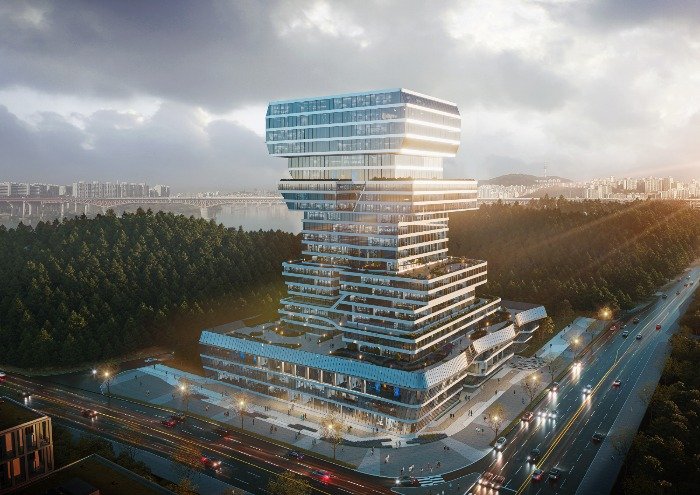The Seoul Unicorn Startup Hub, a startup hub, will be located in Seongsu-dong, an up-and-coming district with hip independent stores and warehouse cafes made from former factories.

The Seoul Metropolitan Government plans to construct the largest startup campus in the world in South Korea’s capital city by 2030, competing with Station F in Paris and Singapore’s LaunchPad, according to Seoul Mayor Oh Se-hoon on Wednesday.
The Seoul Unicorn Startup Hub, a startup hub, will be located in Seongsu-dong, an up-and-coming district with hip independent stores and warehouse cafes made from former factories.
In accordance with the Seoul Startup Policy 2030, the city government will contribute a total of 1.67 trillion won ($1.3 million) to the project to build the campus and invest in small businesses.
The project aims to create 60 global unicorns, or privately held companies with a corporate value of at least 1 trillion won, according to Oh, who spoke at a press conference.
By the time the structure is finished in 2030, the city’s current 150,000 square metres of floor space designated for startups will have grown to 370,000 square metres.
Seoul will be able to accommodate nearly three times as many startups—1,130—with 3,277 workspaces, including shared offices, available.
The Seoul Startup Policy 2030 was first introduced by the city administration in 2009, when Oh was still serving as mayor. As a result of the initiative, Seoul now has 30 startup support facilities, up from 17 in 2011.
Over the course of the project’s first 11 years, 14,000 startups that received policy support produced 23,000 new jobs and raised 1.5 trillion won in funding. Over the same time period, they generated total sales of 5.7 trillion won.
Seoul will start a 100 billion won fund for startups to be based in the Seoul Unicorn Startup Hub in order to renew the project.
The 100,000 square metre building will house about 1,000 startups and will be the largest startup campus in the world. The largest station of its kind in existence right now is Station F in Paris.
It will be built on the Seoul Forest parking lot. The Seoul Unicorn Startup Hub will incubate and grow early-stage to pre-unicorn startups in collaboration with businesses and investment firms, similar to Station F in Paris and Singapore’s LaunchPad.
Seoul will also assist startups in their international growth by opening global offices in 20 nations, including Singapore and Spain, that can act as their regional hubs.
It will start a public-private investment network forum the following year in Teheran-ro, Seoul, which is home to 84% of the nation’s startup investment firms and is also known as Teheran Valley, to help startups raise money.
In order to create distinct business clusters and investment funds for each sector within the city, Seoul will focus on other emerging industries like robotics, fintech, biotech, and artificial intelligence.
Seoul will establish a 200 billion won fund for robotics startups by 2026 and create a robot industry cluster in Suseo, southern Seoul, to develop 1,500 robotics talent by 2030.
By 2030, it will establish a 1.6 trillion won fund for biotech ventures.
By establishing a global startup ecosystem, fostering employment through public-private partnerships, and ensuring balanced neighbourhood development, Seoul hopes to rank among the top five global cities.